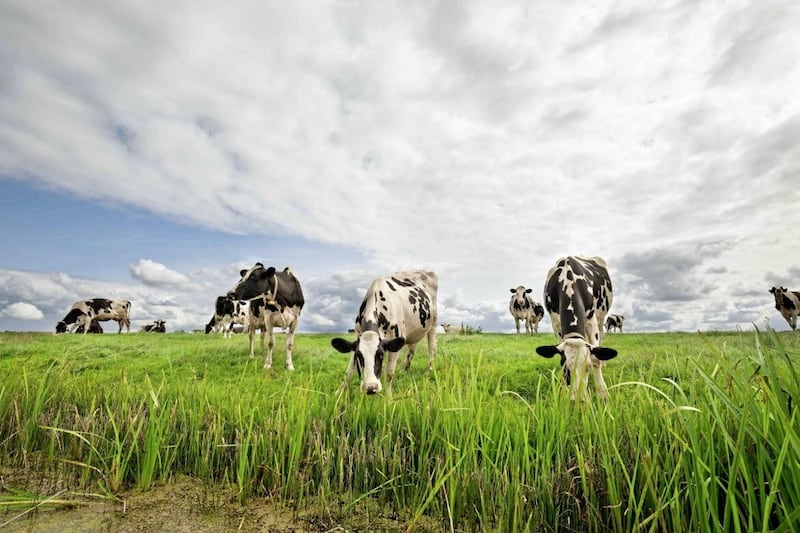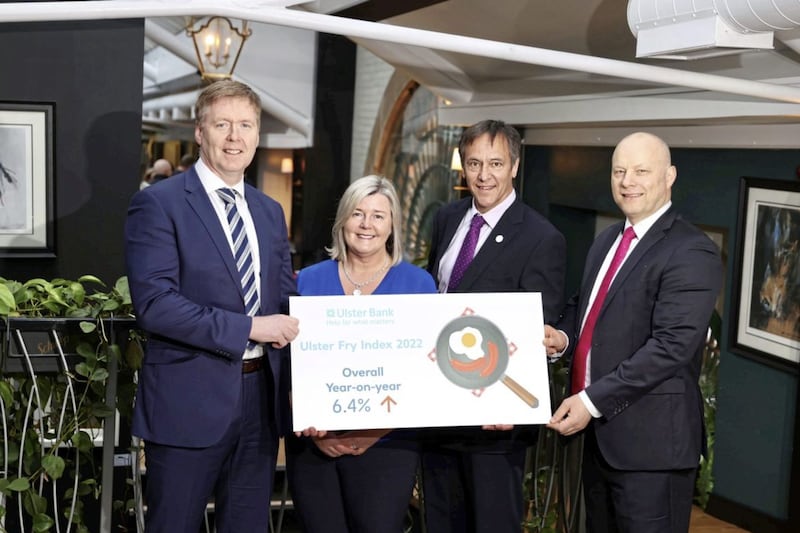NEW figures from DAERA showed that total income from farming (TIFF) in Northern Ireland fell by 25 per cent to £290 million last year from £386m in 2018.
This isn’t a profit figure but rather the income earned by farmers as a result of their labour and the capital they have invested in their business.
It’s a significant drop. And if the rest of society had to absorb a 25 per cent hit on their income, there would be uproar.
But for farmers it’s a brief news story confined mostly to the farming press - and the world carries on regardless. The £290m figure equates to the money farmers receive as direct payment under the CAP. Without the payment, the income figure would be zero.
The wider population rightly demands good quality food, produced to high standards, and with minimal damage to the environment. It equally demands that food be cheap and always available, with little thought given to the long term sustainability of the primary producer of that food.
When we joined the EU, the average family spent over 20 per cent of their income on food. Today, the average food spend is less than 10 per cent of income. Meanwhile farmer income has only improved due to increased productivity/efficiency and the adoption of improved farming techniques such as breeding, grass varieties and better focus on supplying what the market demands.
The market has not delivered any increase in income in real terms. Farmers will quote today’s milk, beef, grain prices and remember getting the same price/litre or kg beef 20 or 30 years ago.
So how did we get here? Farmers are in a weak bargaining position. They are at the start of the supply chain with, no one downstream that they can pass increased costs on to. The processors may have a little more power, but generally operate high turnover businesses with little margin. Farmers need processors to remain profitable so they can invest in their business and pay as good a price as possible to farmers.
The UK retail market is one of the most competitive in the world where market share is king. If milk has to be sold as a ‘lost leader’ or beef is permanently on promotion, then the ‘big four’ retailers are content, provided it drives footfall to their stores. Their fight isn’t with farmers but among themselves as they aim to be ‘top dog’.
The result is that cheap food has become the norm. Farmers have been sucked into this ‘normality’ because the direct payments paid under the CAP and now delivered by the UK Treasury have helped bridge the shortfall between the cost of growing/producing the food and what the consumers pay for it.
As climate change becomes an ever-increasing concern for society, it’s important that farmers get on the front foot and use the opportunity to better inform consumers of the vital role farming can play in helping solve a global problem.
Farming will have a dual role of helping mitigate against the worst effects of climate change and at the same time producing quality food to feed an ever-growing population.
So, the key must be to ensure that producing food is part of managing climate change and that in turn the price paid for that food is met by the market.
It’s not sustainable for society to expect that farmers provide food at below the cost of production while at the same time meet the necessary commitments needed to manage climate change.
If society is serious about the effects of climate change then they must also be equally concerned about how food production has become devalued - and that farmers cannot sustain an income drop of 25 per cent.
:: Cormac McKervey is senior agriculture manager at Ulster Bank









